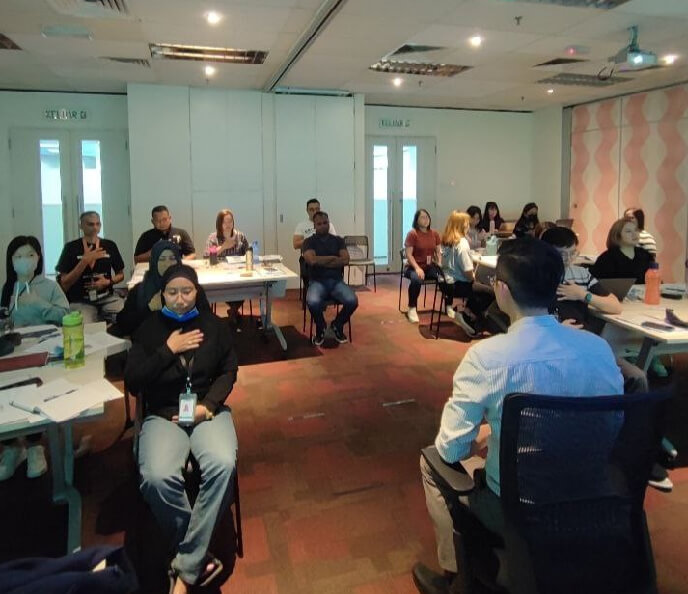
90+
PROFESSIONAL SUCCESS PROJECTS
// WHAT WE OFFER
Effective Corporate Resilience Training for Employees in the Workplace
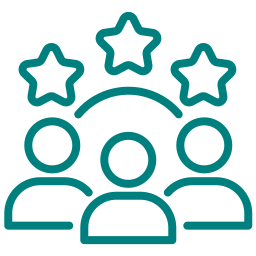

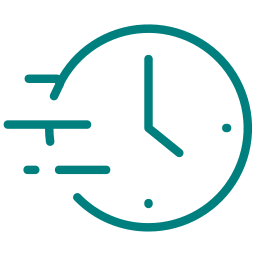
FROM EAP PROGRAMS
// About Service
What We offer
PsyHome, a leading psychology centre in Malaysia, provides stress and resilience training services to help individuals cope with life’s challenges. These services include individual or group counselling sessions, cognitive-behavioural therapy, mindfulness training, and relaxation exercises. PsyHome also offers workshops and training programs on resilience-building skills like problem-solving, positive thinking, and goal-setting. With our expertise in resilience training, we can help you manage stress and build resilience in all areas of your life.
// Service Package
Our Resilience Training In The Workplace Includes
Our Key Components of Resilience Training for Employees
PsyHome’s resilience training helps employees build emotional strength, mental flexibility and effective coping skills. It supports a healthy mindset, improves responses to stress and strengthens team adaptability
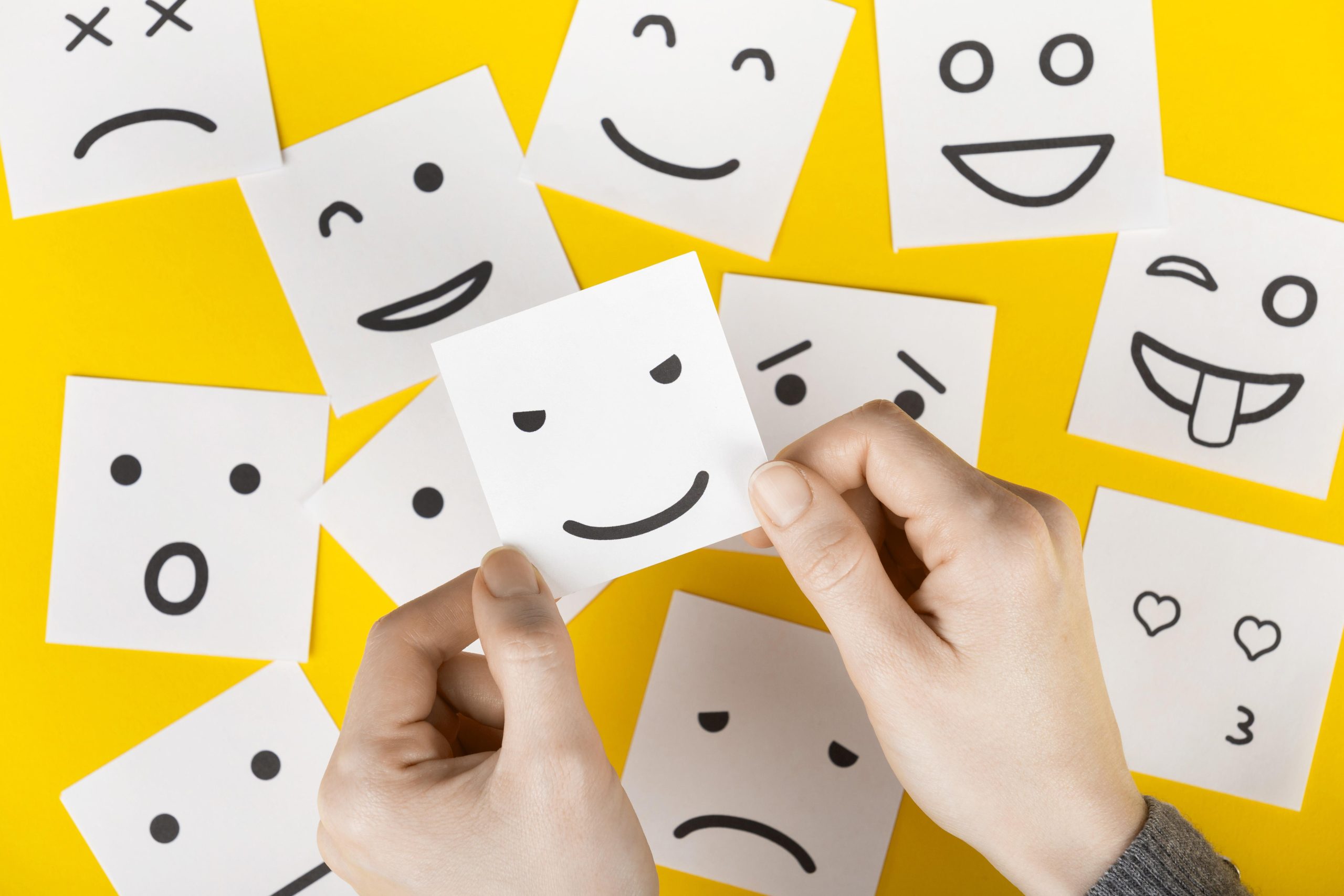
Emotional Regulation
Employees learn to manage their emotions with better awareness, leading to clearer thinking and calmer communication.
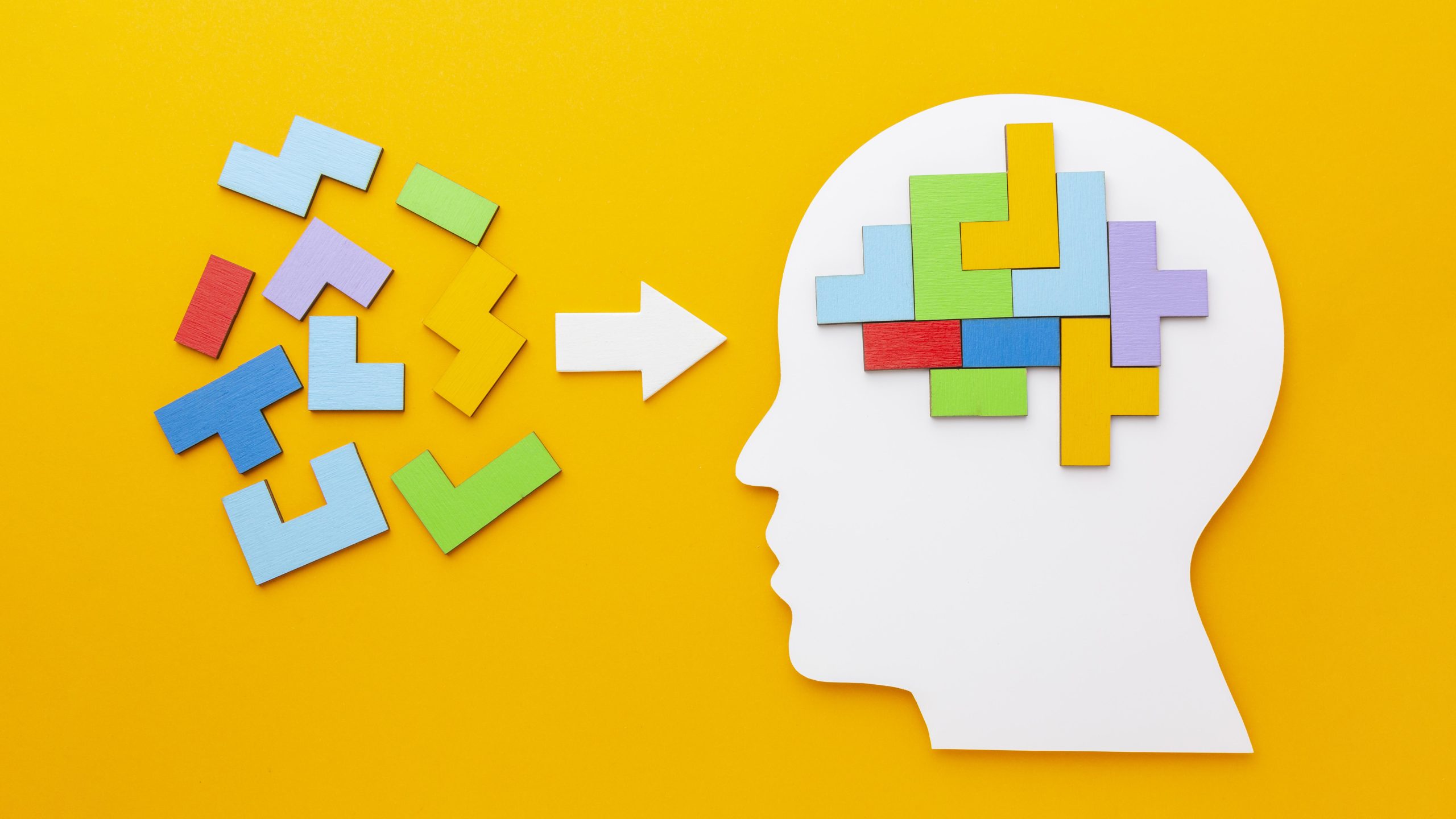
Cognitive Flexibility
We guide employees to reframe negative thoughts and adopt a growth mindset, turning setbacks into learning opportunities.

Stress Management
Our training helps employees recognise stress and respond with focus and clarity, supporting overall well-being.

Workplace Relationships
Strong connections at work improve morale, teamwork and emotional support during difficult times.

Adaptability and Problem-Solving
Employees build confidence in handling change and solving problems, helping both individual and team success.
// THE BENEFITS
Key Benefits Of
Resilience Training
in the Workplace
Resilience is essential in today’s fast-paced work environment. Investing in resilience training benefits both employers and employees in many ways.
The Key Value Of Resilience Training
For Employers & Employees
Benefits for Employers
Improved Workforce Performance
Resilient employees are better able to manage stress and stay focused, resulting in greater efficiency and output.
Reduced Absenteeism
By promoting mental well-being, resilience training helps lower stress-related sick leave and absenteeism.
Lower Staff Turnover
Employees who feel supported and capable are more likely to remain loyal to the organisation.
Positive Work Culture
Resilience training fosters a collaborative and supportive environment that enhances overall workplace morale.
Stronger Adaptability to Change
Teams trained in resilience respond more positively to organisational changes and challenges.
Benefits for Employees
Better Stress Management
Learn techniques to handle pressure, reduce burnout, and maintain balance.
Increased Confidence and Emotional Strength
Develop mental toughness to navigate uncertainty and personal challenges.
Greater Job Satisfaction
Employees who feel equipped to handle work demands are more engaged and motivated.
Improved Relationships at Work
Training enhances communication and emotional regulation, strengthening teamwork and collaboration.
Personal Growth and Well-Being
Encourages a mindset of growth, self-awareness, and overall emotional health.

Is your Training Program HRDC claimable?
Yes, it is HRDC fully claimble. From trainer fees, venue fees & transportation fees, all claimable under HRDC.
// RESILIENCE TRAINING
How It Works
Another study found that after participating in a resilience training program, employees reported a 23% reduction in absenteeism and a 17% growth in productivity. Companies that invest in employee mental health and well-being initiatives, such as resilience training, have been found to have lower rates of turnover and higher levels of employee engagement.
Our Top-Rated Google Reviews
Trustindex verifies that the original source of the review is Google. 這堂職場溝通課程非常實用,老師用簡單且生活化的方式來解釋,讓人不僅能夠提升職場溝通技巧,還能學到如何在家庭和自己身上運用。課程中提到的溝通與情緒的關聯,也學會愛自己的方法,對我有很大的啟發。謝謝老師!Posted onTrustindex verifies that the original source of the review is Google. 上了两天的《情商 X 九型人格的职场沟通术》课程,收获非常丰富。老实说,这次学习让我像被“充电”了一样,重新找回了曾经迷失的自己。非常感恩这门课程带来的知识与能量。 让我印象最深的是:情绪不是我们以为的几个简单词语那么表面,它还包含了肢体语言、语气等很多层面。沟通也不是一味地坚持自己的方式,而是根据对方的性格,用他们觉得舒服、能接受的方式去表达。这不是虚伪,而是一种高效而有温度的沟通技巧。 非常推荐给想要更了解自己,或者希望在人际沟通中做得更好的人。这门课绝对值得一上!Posted onTrustindex verifies that the original source of the review is Google. Experiencing a bad moment in life. I was advised to get help from PSYHOME and meet SK Lee. He is a calm person and helped a lot in this diffficulty. Thank You PSYHOME for bringing me back myself.Posted onTrustindex verifies that the original source of the review is Google. I had such a great experience here! I met with Sarah, one of the psychologists, and I really loved her approach, she made me feel so much lighter and heard. The other staff were super friendly too, and they even served tea while I waited. The whole place has a really calm and peaceful vibe. Super cozy environment. Highly recommend!Posted onTrustindex verifies that the original source of the review is Google. Definitely will recommend my fren if they have facing any issues regard relationship. They very patient and attentive as a listener and very privacy , make me feel safePosted onTrustindex verifies that the original source of the review is Google. 感谢SK的聆听,期待与他下一次的见面Posted onTrustindex verifies that the original source of the review is Google. SK的服务不错,很温柔,我的问题有得到解决👍🏻Posted onTrustindex verifies that the original source of the review is Google. 非常感谢杨颂胜老师的专业讲解与耐心指导。在这次的报告中,杨老师用深入浅出的方式,让我们能够轻松理解原本觉得很复杂的内容。他不仅解答了我们许多疑问,更重要的是,他帮助我们理清了内心的情绪,也让我们全家人学会了更好地沟通与相处。 通过杨老师的分享,我们不仅收获了知识,也获得了力量。感受到他真诚的关怀与用心,真的非常感恩有这样一位老师的陪伴与引导。Posted onTrustindex verifies that the original source of the review is Google. Surprisingly for the accuracy of the AIPosted onTrustindex verifies that the original source of the review is Google. SK has a very calming presence. It managed to motivate me to keep coming for sessions.
// Clients' Feedback
What Client's Says?
Goh J.B.(Work-related stress)
Yang(Relationship issue)
Sathya, P.(Relationship issue)
Christian(Personal issue)
Nadhirah(Relationship issue)
Goh C. K.(Work-related stress)
Alex W.Y.(Future Confusion)
Kesavan K.(Weight management & Work Stress)
Wine(Personal Development)
Your NameWeb Developer
Your Name(Relationship issues)
// Our Client
Companies We Serve

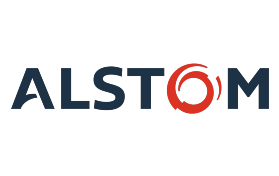

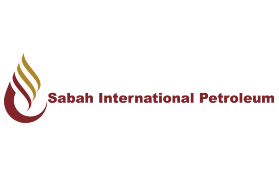




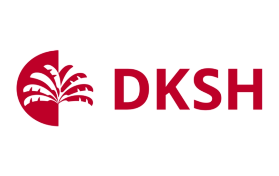










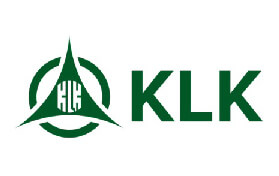






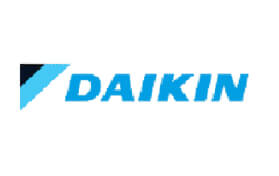






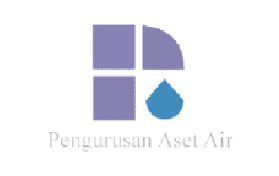





// Our Client
Companies We Serve
// Our Client
Companies We Serve









































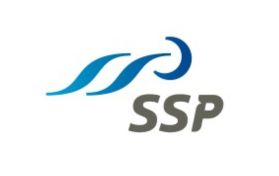







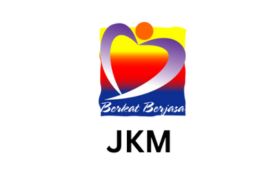






// FAQ's
Frequently Asked Questions
Resilience can manifest in various forms, and researchers often categorize resilience into different types based on the context or characteristics being emphasized. Here are four common types of resilience:
Physical Resilience: This type of resilience pertains to the body's ability to withstand and recover from physical challenges, such as illness, injury, or environmental stressors. Physical resilience encompasses aspects like overall health, fitness levels, immune function, and capacity for adaptation to physical demands.
Psychological Resilience: Psychological resilience involves the capacity to maintain mental well-being and cope with stress, trauma, or adversity. It encompasses factors such as emotional regulation, coping strategies, self-esteem, optimism, and flexibility of thinking. Individuals with strong psychological resilience can bounce back from setbacks, maintain a positive outlook, and adapt to changing circumstances.
Social Resilience: Social resilience refers to the strength of social networks and support systems that individuals can draw upon during times of need. It involves relationships with family, friends, coworkers, and communities, as well as access to resources and support services. Socially resilient individuals have strong social connections, effective communication skills, and a sense of belonging, which buffer against the negative effects of stress and adversity.
Environmental Resilience: Environmental resilience relates to the ability of ecosystems, communities, or organizations to withstand and recover from environmental disturbances or disruptions. It encompasses factors such as ecosystem diversity, adaptive capacity, resource management practices, and disaster preparedness. Environmental resilience involves strategies for sustainability, conservation, and resilience-building measures to mitigate the impacts of environmental changes and hazards.
These types of resilience are interconnected and can influence each other. For instance, in the workplace, strong social connections and supportive relationships among coworkers can enhance employees' psychological resilience, fostering a positive work environment and helping individuals cope with job-related stressors.
PsyHome offers anxiety management training courses and EAP services to improve employee stress management and mental health in the workplace. Contact our psychological training and consulting company today for more information.
The 7 C's of resilience in the workplace are a framework that outlines key characteristics and behaviors that contribute to building and maintaining resilience among employees. These 7 C's are:
Control: Resilient individuals have a sense of control over their circumstances. They focus on what they can influence or change rather than dwelling on things beyond their control. This involves proactive problem-solving and taking ownership of one's actions and reactions.
Competence: Building competence involves developing the skills and knowledge necessary to navigate challenges effectively. Resilient employees continuously seek opportunities for growth and learning, enhancing their ability to handle diverse situations with confidence.
Confidence: Confidence refers to believing in one's abilities to overcome obstacles and achieve goals. Resilient individuals maintain a positive self-image and cultivate a sense of optimism, even in the face of setbacks or failures.
Connection: Building strong connections with others is essential for resilience. Resilient employees cultivate supportive relationships with coworkers, supervisors, and mentors, fostering a sense of belonging and camaraderie within the workplace.
Character: Character encompasses values, integrity, and ethical behavior. Resilient individuals uphold principles of honesty, accountability, and resilience, even in challenging circumstances. They demonstrate integrity and authenticity in their actions, earning the trust and respect of their colleagues.
Contribution: Contributing to something larger than oneself is a key aspect of resilience. Resilient employees find meaning and purpose in their work, recognizing how their efforts contribute to the success of the team or organization. This sense of purpose fuels motivation and resilience during difficult times.
Coping: Coping refers to the ability to effectively manage stress and adversity. Resilient individuals employ adaptive coping strategies such as problem-solving, seeking social support, maintaining a positive outlook, and practicing self-care. They recognize the importance of prioritizing their well-being to sustain resilience over the long term.
By cultivating these 7 C's—Control, Competence, Confidence, Connection, Character, Contribution, and Coping—organizations can foster a resilient workforce capable of navigating challenges and thriving in the face of adversity.
Resilience is influenced by a combination of internal and external factors that interact to shape an individual's ability to bounce back from adversity, cope with stress, and adapt to change. Here are some key factors that influence resilience:
- Genetics and Biology: Influence temperament, neurobiology, and physiological responses to stress.
- Psychological Factors:
- Positive mindset and optimism
- Self-esteem and self-efficacy
- Emotional regulation and coping skills
- Cognitive flexibility and problem-solving abilities
- Sense of purpose and meaning in life
- Social Support: Strong connections with family, friends, coworkers, and communities provide emotional and instrumental assistance.
- Early Life Experiences: Childhood attachment, parenting styles, trauma exposure, and access to resources shape resilience development.
- Environmental Factors: Socioeconomic status, education, employment, community resources, and cultural norms influence resilience opportunities.
- Life Experiences and Trauma: Previous adversity and significant life events impact resilience, providing growth opportunities.
- Personal Skills and Resources: Education, employment, financial stability, physical health, and access to healthcare contribute to resilience.
- Cultural and Spiritual Beliefs: Cultural values, traditions, beliefs, and spiritual practices shape perceptions of adversity and coping strategies.
Employers can take proactive steps to build resilience in the workplace by implementing various strategies and initiatives aimed at supporting employees' well-being and fostering a resilient organizational culture. Here are some effective approaches:
- Provide corporate resilience training for employees.
- Promote work-life balance.
- Foster social connections.
- Encourage open communication.
- Provide resources for mental health support.
- Promote self-care practices.
- Lead by example.
- Offer professional development opportunities.
- Recognize and reward resilient behaviors.
Corporate resilience and personal resilience refer to resilience exhibited at different levels: organizational and individual, respectively. Here's how they differ:
Aspect | Corporate Resilience | Personal Resilience |
Scope and Scale | Organizational ability to withstand and adapt to external pressures, challenges, and disruptions while maintaining core functions and achieving strategic objectives. | Individual capacity to bounce back from adversity, cope with stress, and adapt to change in personal lives. |
Focus | Organizational structures, processes, systems, and culture contribute to resilience at the organisational level. | Individual attitudes, beliefs, skills, and behaviors contribute to resilience at the personal level. |
Responsibility | Responsibility of organizational leaders, managers, and stakeholders tasked with developing and implementing strategies to enhance organizational resilience. | Primarily the responsibility of each individual to develop and cultivate within themselves. |
Impact | Affects the organization's ability to withstand disruptions, maintain operations, preserve reputation, and sustain long-term performance and competitiveness. | Impacts individuals' mental health, well-being, job satisfaction, productivity, and overall quality of life. |


